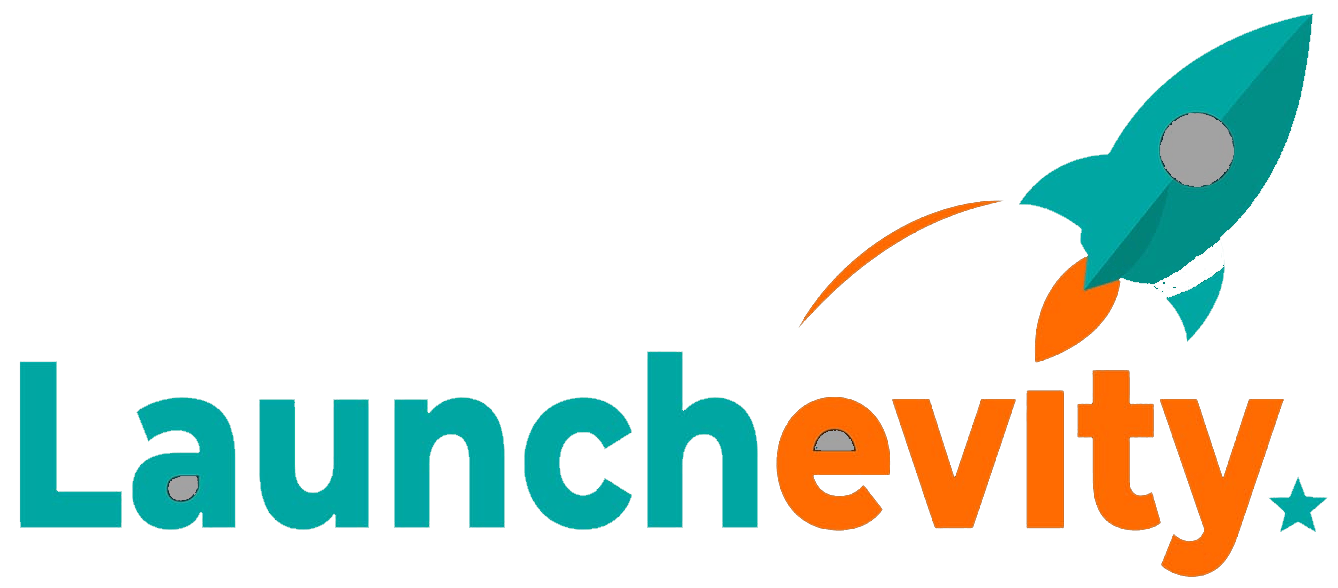Hiring an SEO company isn’t about signing a quick contract. It’s about choosing someone who understands how the web really works now, not someone who uses outdated SEO strategies that will get you unindexed or blacklisted fast.
Ranking on the first page of Google used to be the goal. Today, that’s not enough. Google now displays AI-generated summaries at the top of many results pages. These summaries often answer the question before a user even sees a link. According to recent data, nearly six out of ten searches now end without a single click. Yes, not a single click.
So, if you’re still thinking in terms of keywords and backlinks alone, you’re missing the bigger picture. Your content should be optimized not only for traditional search rankings but also for AI generated results that are increasingly dominating the top of search engine pages.
That’s where your SEO company comes in. And not just any company will do. You need a company who lives, breathes, and understands SEO. One who understands traditional optimization methods and is learning and implementing new strategies, too.
Start with budget. Real expertise costs money. In the U.S., in-house SEO managers are earning between $80,000 and $140,000 per year. Contractors or agencies may charge anywhere from $75 to $200 per hour depending on their experience and your niche. If you’re considering overseas help, expect to pay $15 to $50 per hour for professionals who have a strong track record. Pricing varies widely, but lowballing rarely works. In the end, you want to pay for quality SEO services from individuals who know how to get results. You need professionals who are good at the SEO and marketing games. A team who can help you compete for tough keywords while getting you picked up in AI summaries. You’ll need much more than a bare-bones effort.
Next, pay close attention to how the so-called strategist works. Only work with providers who follow ethical practices—no black-hat shortcuts, no shady link schemes. No buying links. No linking to shady sites. No buying clicks. You need an ethical partner who will talk to you about the long-term plan, not overnight wins. They’ll know how to combine technical fixes, high-quality content, and off-site strategy in a way that keeps your site safe and competitive. They know how to get results without risks.
Responsiveness matters, too. If it takes days to hear back from someone during the sales process, imagine what happens after you sign. Get clear on expectations. Who’s managing your account? How often will you get updates? What happens if something breaks or rankings drop? No company should offer guarantees, but they should be able to promise that they’ll adjust strategies as needed. They should be transparent about reporting.
Ask for a plan. You need a provider who doesn’t provide vague “We’ll take care of it one day,” responses. You need a timeline. What will happen in the first 30 or 60 days? What happens after that? What’s your role and what’s theirs? You should know who’s doing the actual work—not just who made the pitch. Don’t be afraid to ask to meet the team.
From there, think about how you’ll keep things on track. Will you use a shared spreadsheet or task board? How often will it be updated? You don’t need a fancy system. You need something that works so you can easily see what has been done, what’s in progress, and what’s coming next. When rankings take months, understanding the process is important so you can trust your provider and see progress.
Reporting should come with insight, not just numbers. A decent agency will send you a Google Analytics report. A great one will explain what those numbers mean and how they affect your next step. Ask to see a few real-world examples. If they can’t explain how their strategy connects to your business goals, it’s time to move on.
And finally, make sure your SEO team understands how to rank in AI Overviews. This is where Google pulls content directly into its summaries, before showing the traditional list of links. If your pages aren’t structured for this, you’re already behind.
To get your shot of the market, you’ve got to not only show up in AI summaries, you’ve got to dominate them. Your content needs to be clear, useful, and well-organized. To make this happen, use plain language when answering questions. Don’t shy away from subheadings, short paragraphs, and bullet points to stop those scrollers dead in their tracks. An updated and well-written FAQ section can help, too. Your site should be aesthetically pleasing, up to date, free of broken links, and technically sound. Adding schema markup also gives search engines extra context about your content. If you already have pages that rank well, focus on improving them first. Make sure they answer pain points and demonstrate why your offering is the bees knees. When you do all that, you’ll be more likely to be pulled into Google’s AI responses.
If you’re ready to stop chasing rankings and start building real visibility, Launchevity can help. We work with proven SEO experts, manage your strategy from beginning to end, and help your content show up in both traditional search and the new AI-powered results.



